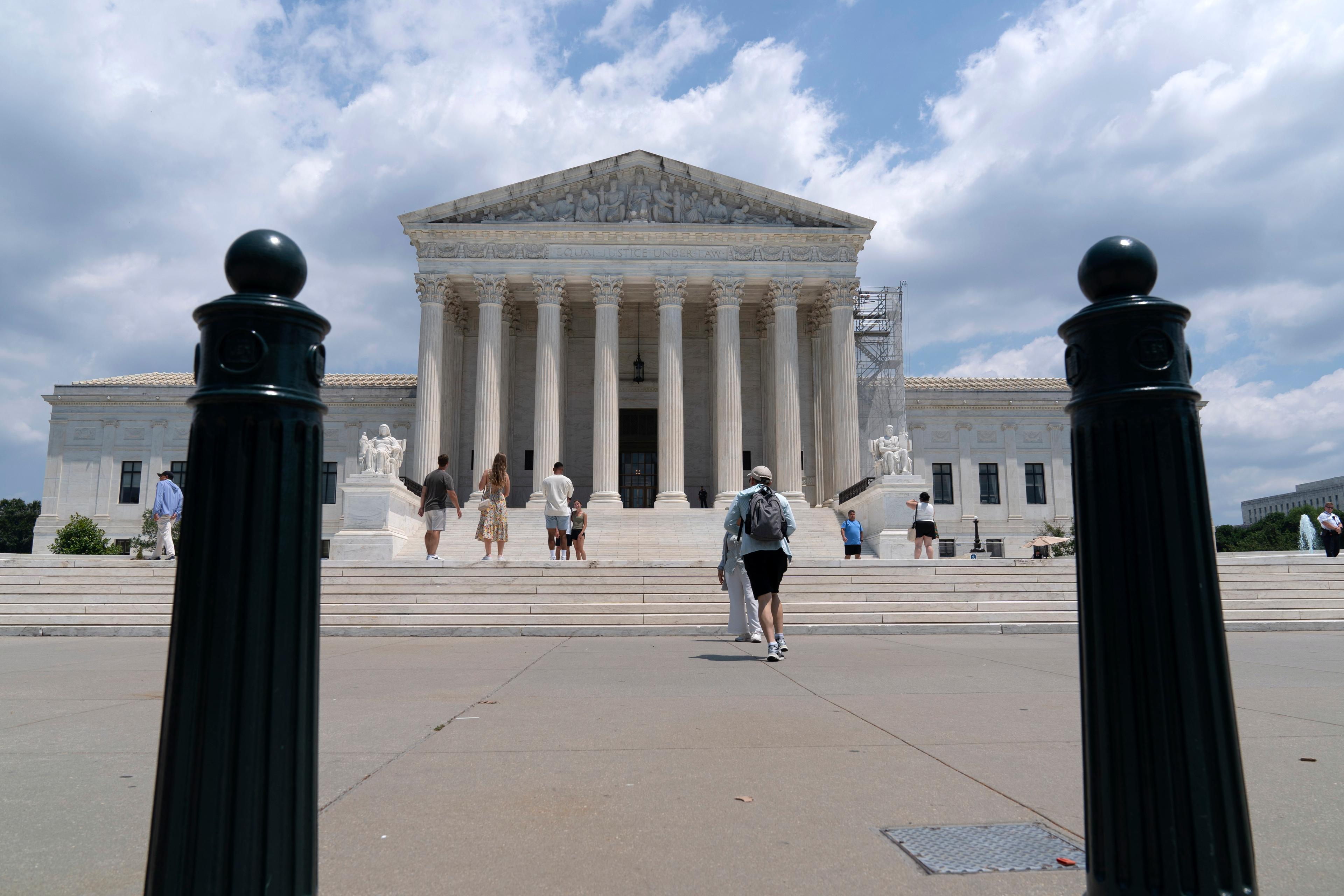

A mining company accused the U.S. Environmental Protection Agency on Wednesday of failing to operate a treatment plant at full capacity, allowing a huge volume of polluted mine wastewater to reach a southwestern Colorado river.
The allegation was made by Sunnyside Gold Corp., which is fighting the EPA over who should pay for a potentially costly study to help devise a cleanup plan for a Superfund district in the area.
The EPA didn't immediately respond to an email seeking comment.
The Superfund district includes the inactive Gold King Mine, where the EPA inadvertently triggered the release of 3 million gallons of water tainted with heavy metals while doing excavation work at the mine in 2015. A yellow-orange plume of pollution clouded rivers in Colorado, New Mexico and Utah and on Native American lands.
Sunnyside owns a different mine — also inactive — in the Superfund district, and the EPA has said previous work at that mine may have redirected polluted water to other mines, where it escaped and eventually reached the Animas River.
Sunnyside says the cleanup work it performed at its mine has helped the Animas. The company argues it is not liable for continuing water problems because it has complied with state and court orders.
In documents submitted to the EPA Wednesday, Sunnyside said the agency is making water problems worse by not operating the treatment plant at full capacity. The plant treats wastewater that continues to pour out of the Gold King and other mines.
Sunnyside said that since October 2015, more than 350 million gallons — 150 times the volume of the Gold King spill — have flowed around the treatment plant into a tributary of the Animas.
"It would be especially unjust" for EPA to order Sunnyside to pay for the water study while the agency is allegedly allowing polluted water to reach waterways by not running the treatment plant at a higher rate, Sunnyside's documents said.
The company wants the EPA to withdraw its order for Sunnyside to pay for the water study. The company said it would comply with the order if the EPA leaves it in place, but it would sue the federal government to recoup its expenses.
The legal battle is one of several facing the EPA over the Gold King spill. Utah, New Mexico, the Navajo Nation and a group of New Mexico residents have sued the agency. Separately, hundreds of business owners, property owners and others are seeking millions of dollars in economic losses because the spill put rivers temporarily off-limits for a range of uses from drinking water to rafting.








